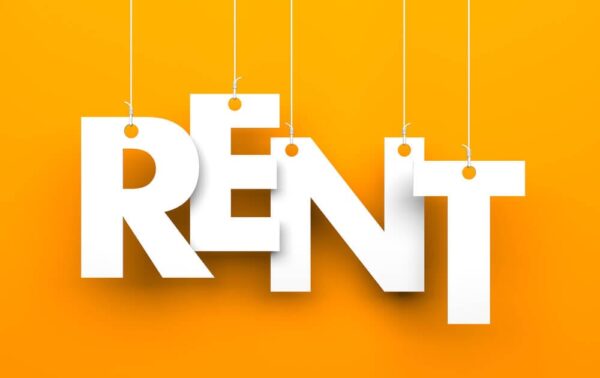If you’re a rental property owner, it’s important to plan your expenses carefully. There are many different things you need to take into account, from repairs and maintenance to property taxes and insurance. This article will discuss some helpful ways to plan the expenses related to your rental unit.
Think Maintenance
First of all, you have to set money aside to keep the rental property in good shape. You should do research and find out more about what you need to do exactly to properly maintain your rental unit. You need to think about things like painting, repairing any damages that may occur, and pest control. These are just some examples, but thinking about maintenance also includes thinking about the long-term.
For example, you might need to replace the roof eventually or redo the plumbing. These are all expensive projects that you need to be prepared for financially.
Moreover, you also have to factor in the cost of furniture and appliances when thinking about maintenance. If something breaks, you’ll need to replace it as soon as possible so your tenants are not without essentials. This can end up being quite costly if you’re not careful. So, when thinking about maintenance costs, be sure to include both big and small expenses.
Pay The Taxes
You need to pay certain taxes when you own a rental unit. The most common ones are income tax, social security tax, and Medicare tax. You may also have to pay state and local taxes, depending on where your rental property is located.
It’s important to factor in the cost of paying taxes when you’re budgeting for your rental unit. Otherwise, you could end up with an unpleasant surprise come tax time.
Fortunately, there are a few ways to minimize the amount of taxes you have to pay on your rental income. One way is to take advantage of any deductions or credits that you may be eligible for. Another way is to structure your affairs in such a way that you can take advantage of lower tax rates.
Legal Fees
There are also legal fees to factor in when you own a rental unit. You will need to consult with a lawyer to draw up the lease agreement, and if there are any legal issues that arise, you will need to pay for their services. It is important to factor these costs into your budget so that you are prepared for anything that comes up.
Overall, there are many expenses that come with owning a rental unit. By being aware of all of the potential costs, you can better plan for them and ensure that your business is running smoothly. With careful planning and budgeting, you can make owning a rental unit a successful venture.
Conduct Repairs
There will always be certain repairs you should do around your rental property. These are the following:
- Fix any and all leaks, no matter how small
- Repair any holes in the walls
- Unclog toilets, sinks, and drains
- Fix any appliances that are not working properly
You should also plan on conducting repairs as they come up. This will help you budget for potential expenses and keep your rental unit in good condition.
Conducting repairs on a rental property can be a hassle, but it is important to do in order to keep your unit in good condition and avoid any potential damages. By being proactive and conducting repairs as needed, you can save yourself time and money in the long run.
Have An Emergency Fund
You never know when an emergency will pop up. That’s why having an emergency fund is so important, especially if you’re a landlord. Whether it’s a broken window or a leaking roof, having money set aside for unexpected repairs will help you avoid dipping into your other savings (or taking out a loan) to cover the cost.
Planning and budgeting for expenses related to your rental unit can be tricky, but having an emergency fund is one way to help ease the stress. Start by setting aside a few hundred dollars each month until you reach your goal amount.
Consider The Vacancy Periods
Whenever your rental property isn’t occupied, you’re still responsible for the mortgage, insurance, and other associated costs. It’s important to be aware of vacancy periods when considering whether or not to invest in a rental property.
You’ll need to have enough money saved up to cover the costs of these periods, as well as any necessary repairs or renovations that may come up. If you’re not prepared for vacancy periods, you could find yourself in financial trouble down the road.
A rental property is something that can bring you a lot of passive income if you maintain it right. Pay your taxes and legal fees accordingly so you don’t get in trouble and conduct timely repairs around the property. Make sure to have an emergency fund for unfortunate events and consider the vacancy periods because you won’t be making money during these!
